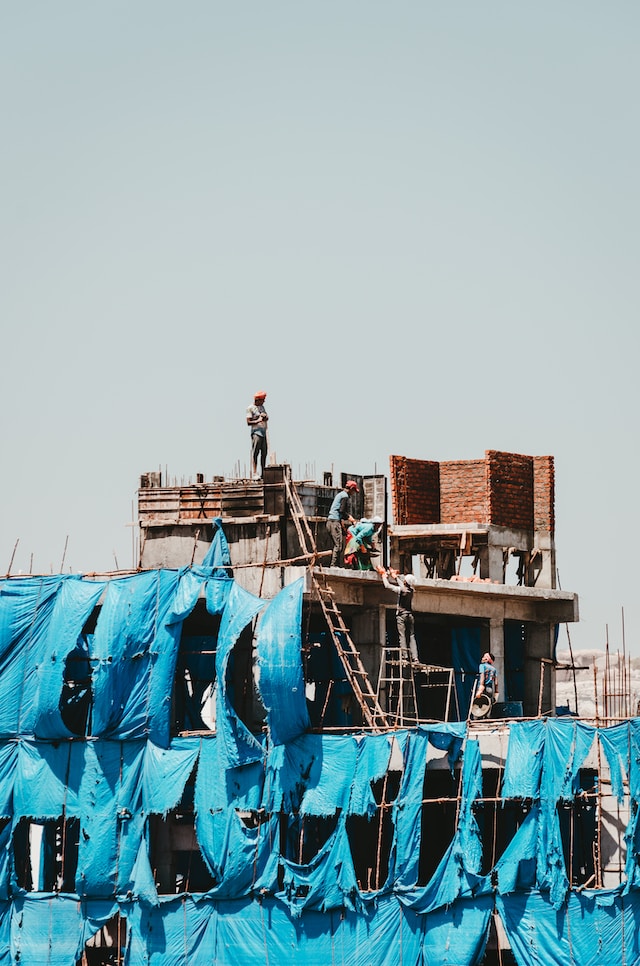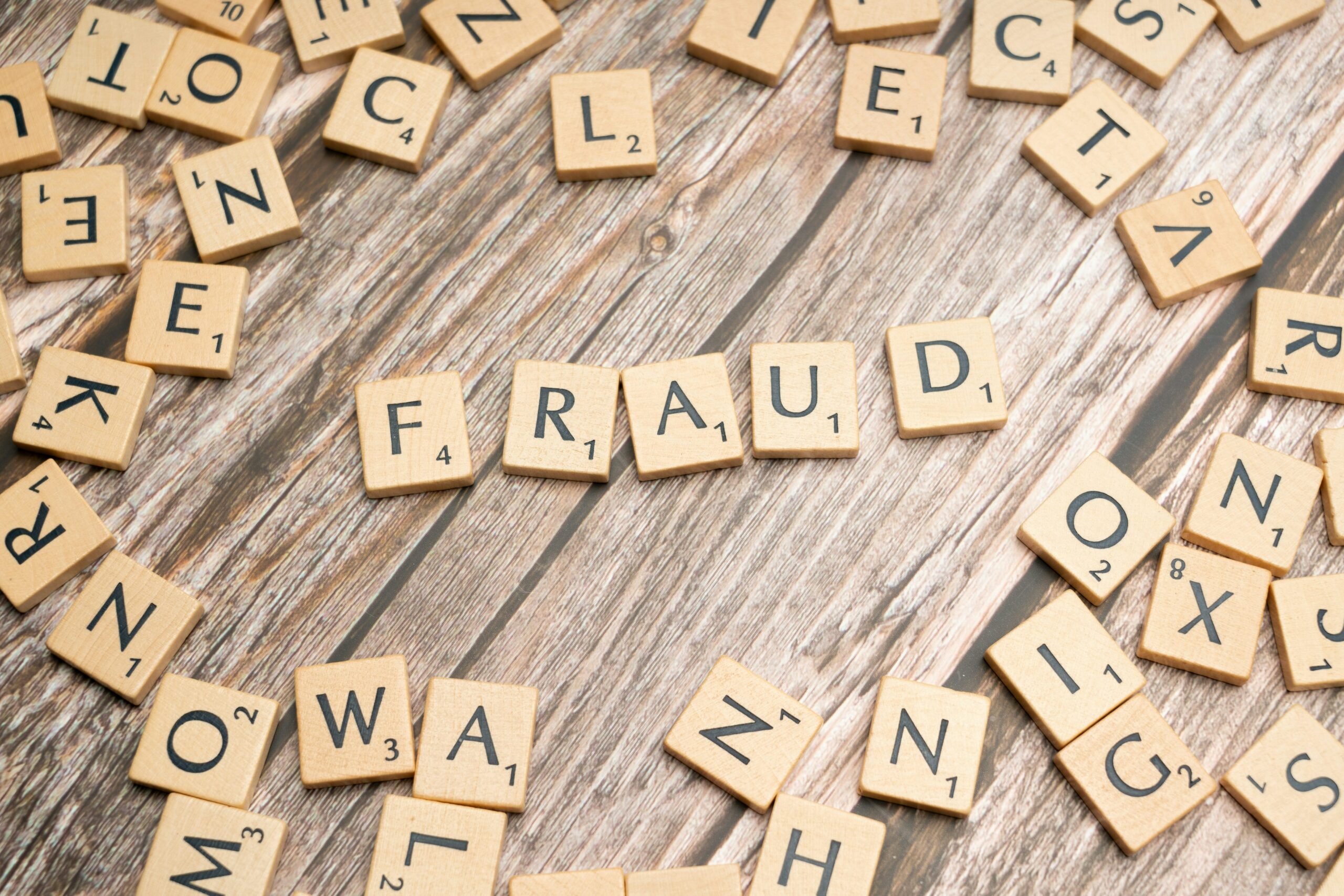Breach of Contract in Thailand
Contracts are the foundation of commercial and personal relationships, providing a clear framework for obligations, rights, and expectations between parties. In Thailand, contracts are governed primarily by the Civil and Commercial Code, which outlines the formation, execution, and enforcement of agreements. However, when one party fails to perform their contractual obligations, a breach of contract occurs. Understanding the importance of breach of contract in Thailand is essential for individuals, businesses, and legal professionals, as it directly impacts legal rights, financial stability, and business integrity.
Understanding Breach of Contract in Thailand
A breach of contract occurs when a party fails to fulfill its contractual obligations without lawful excuse. This may involve partial performance, delayed performance, defective performance, or complete non-performance. Breaches can occur in any type of contract, including sales, services, employment, construction, leasing, and commercial agreements.
Thai law recognizes several types of breaches:
-
Material Breach: A serious failure affecting the contract’s core purpose.
-
Minor Breach: A partial or non-essential failure that does not destroy the contract’s main objectives.
-
Anticipatory Breach: When a party declares in advance that they will not fulfill their contractual duties.
Understanding the type of breach is crucial for determining remedies and legal strategies.
Legal Consequences of Breach of Contract
Breach of contract has significant legal implications under Thai law. The Civil and Commercial Code provides remedies to protect the non-breaching party and ensure fairness. The main legal consequences include:
-
Damages (Compensation): The breaching party may be required to compensate the non-breaching party for actual losses and lost opportunities resulting from the breach.
-
Specific Performance: In certain cases, the court may order the breaching party to perform their contractual obligations.
-
Rescission of Contract: The non-breaching party may terminate the contract and seek restitution.
-
Penalty Clauses: If included in the contract, pre-agreed penalties may be enforceable to compensate for breach.
These remedies ensure that contractual relationships are enforceable and parties are held accountable for failing to meet their obligations.
Importance for Businesses
Breach of contract is particularly significant in the business context. Contracts form the backbone of commercial transactions, partnerships, and supply chains. A breach can lead to financial losses, operational disruptions, and reputational damage. Recognizing the importance of breach of contract allows businesses to:
-
Protect financial interests and investments
-
Maintain trust and reliability in business relationships
-
Minimize operational disruptions caused by non-performance
-
Ensure accountability and enforceability of agreements
By proactively addressing potential breaches, businesses can reduce risks and maintain a stable commercial environment.
Protection of Legal Rights
One of the key reasons breach of contract is important in Thailand is that it protects the legal rights of parties. Contracts legally bind parties to perform agreed-upon duties. When a breach occurs, the non-breaching party has the right to seek legal remedies, ensuring fairness and equity in transactions.
Without enforcement mechanisms for breaches, contractual obligations would be unreliable, undermining trust in business and personal dealings.
Encouragement of Proper Contract Drafting
The risk of breach of contract emphasizes the importance of careful and precise contract drafting. In Thailand, contracts must clearly define the parties’ rights, obligations, performance timelines, and remedies in case of non-performance. Key elements often include:
-
Scope of work or obligations
-
Payment terms and deadlines
-
Quality and performance standards
-
Dispute resolution clauses
-
Penalty or liquidated damages provisions
Proper drafting reduces ambiguity, prevents misunderstandings, and provides clear legal grounds if a breach occurs.
Role in Commercial and Trade Transactions
Contracts are central to commercial and trade transactions in Thailand, particularly in sectors like real estate, construction, manufacturing, tourism, and international trade. Breach of contract in these sectors can have far-reaching consequences:
-
Real Estate: Delayed delivery, defective construction, or failure to transfer property title can lead to significant financial and legal disputes.
-
Construction: Failure to complete projects on time or according to specifications may disrupt business operations and trigger penalties.
-
International Trade: Breaches can affect supply chains, export-import obligations, and cross-border agreements.
Understanding the importance of breach of contract ensures that parties plan for contingencies and include protective clauses in agreements.
Dispute Resolution and Enforcement
In Thailand, resolving breach of contract disputes involves various mechanisms, depending on the nature and complexity of the contract. These include:
-
Negotiation: Parties may resolve issues amicably without litigation.
-
Mediation: Court-annexed or private mediation helps parties reach mutually acceptable solutions.
-
Arbitration: Common in commercial contracts, arbitration provides confidential and expert-led resolution.
-
Litigation: Civil courts provide formal enforcement of contractual obligations and remedies.
Effective dispute resolution protects legal rights, minimizes losses, and maintains professional relationships.
Impact on Personal Relationships
Breach of contract is not limited to business transactions. Personal agreements, such as service contracts, employment contracts, and rental agreements, can also be affected. Recognizing and addressing breaches protects individuals from financial harm, unfair treatment, and loss of trust in personal and professional relationships.
Prevention and Risk Management
Understanding the importance of breach of contract encourages proactive risk management. Thai law allows parties to mitigate potential breaches by:
-
Including detailed contract terms
-
Defining performance standards and deadlines
-
Incorporating penalty clauses for non-performance
-
Conducting due diligence on parties before entering agreements
Prevention reduces disputes, legal costs, and operational risks.
Legal Guidance and Professional Advice
Navigating breach of contract issues in Thailand often requires professional legal advice. Lawyers assist in:
-
Drafting and reviewing contracts
-
Advising on compliance with Thai law
-
Representing parties in negotiation, arbitration, or litigation
-
Ensuring enforceability of remedies and damage claims
Legal guidance ensures that contracts are robust and that parties can protect their interests effectively.
Importance in Upholding Business Ethics
Breach of contract also has ethical implications. Upholding contractual obligations reflects integrity, professionalism, and reliability. Businesses and individuals who consistently honor contracts build credibility and trust, which are essential for long-term relationships and reputation.
Conclusion
Breach of contract is a critical legal concept in Thailand with far-reaching implications for individuals, businesses, and the legal system. It ensures accountability, protects financial and legal rights, encourages proper contract drafting, and maintains trust in both commercial and personal relationships. By understanding the importance of breach of contract, parties can prepare for contingencies, enforce their rights, and resolve disputes efficiently. Proper legal guidance, clear contractual terms, and proactive risk management are essential to minimizing breaches and ensuring fair and reliable contractual relationships in Thailand.











